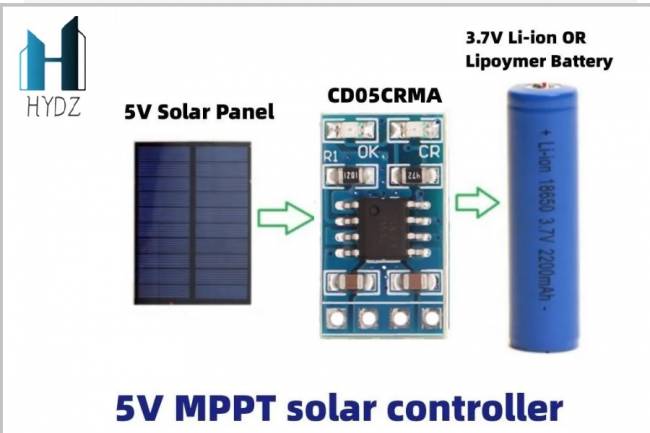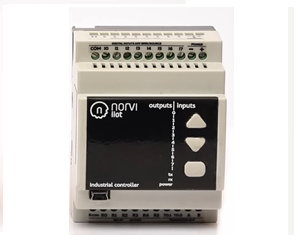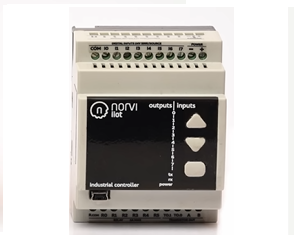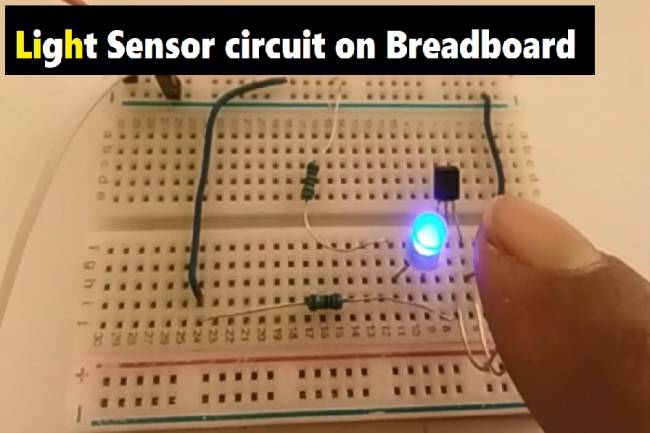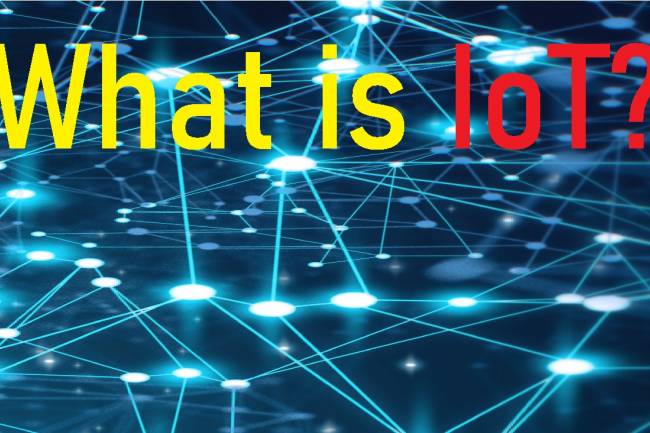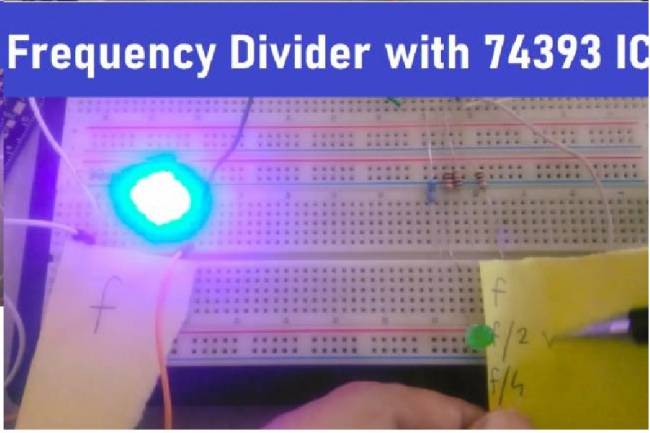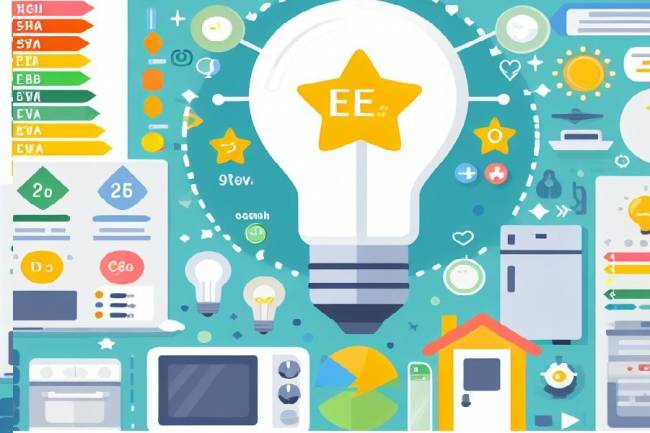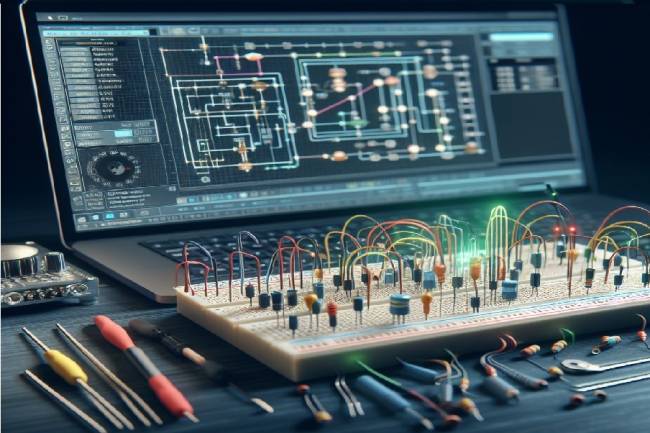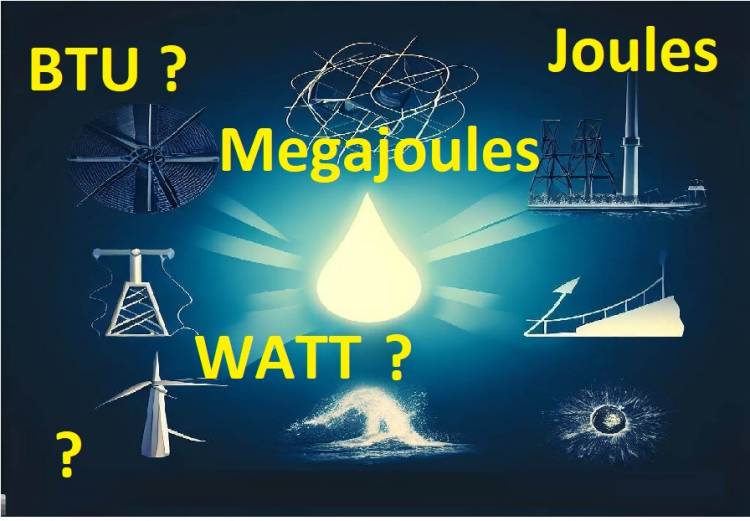
Energy Units, Conversions and Basic Concepts
Measurement and Meaning of Energy
Energy is the cornerstone of the modern world and is used in many areas of our lives. Energy is needed everywhere, from electricity generation to transportation, from homes to industrial facilities. In this article, we will explore how energy is measured and used by examining the basic units, transformations and meanings of energy.
Energy Definition and Basic Concepts:
Energy is a basic concept that expresses the ability of an object or system to work. Different forms of energy are expressed as the ability to do work, and these forms are measured in different energy units. Here are the basic energy units:
Joules (J):
Joule is the basic unit of energy and expresses the capacity to do work. One joule refers to the ability to do work resulting from a force of one newton exceeding a distance of one metre. It is especially used to measure small amounts of energy.
Watts (W):
Watt is the unit of power and represents the speed of energy. One watt can be defined as the consumption of one joule of energy in one second. It is often used to express electrical power.
Kilocalories (kcal):
Kilocalories are often used to express the calorie content of foods. 1 kilocalorie is equivalent to approximately 4184 joules.
Megajoules (MJ):
The megajoule is the major unit of the joule. 1 megajoule is equivalent to 1 million joules.
Kilowatt-hours (kWh):
The kilowatt-hour is used to measure the consumption of electrical energy. 1 kilowatt-hour is equivalent to 3600 kilojoules, or approximately 3.6 megajoules.
Electronvolt (eV):
The electronvolt is a unit of energy used in atomic and particle physics. It refers to the amount of energy an electron gains when passing a voltage.
Unit Conversions and Examples:
Conversions between energy units help us better understand energy quantities expressed in different units. Here are some example conversions:
1 watt = 1 joule/second
1 joule = 0.000947817 BTU
1 BTU = 1055.06 joules
1 kilocalorie = 4184 joules
1 kilowatt-hour = 3.6 megajoules
1 megajoule = 0.2388 kilocalories
1 electronvolt = 1.60218 x 10^-19 joules
Example Scenario:
How many kilojoules of energy does a 100-watt light bulb used in a house consume for one hour?
Solution: 100 watts x 3600 seconds = 360,000 joules (or 360 kJ)
Energy plays a critical role in every aspect of our lives and is expressed in different forms. Joules, watts, kilocalories, megajoules, kilowatt-hours, and other energy units are used to measure the amount of energy and its ability to do work. Conversions between these units are important for understanding energy consumption and contributing to sustainable energy use. Understanding energy units and their conversions helps us use energy resources more effectively and efficiently.





